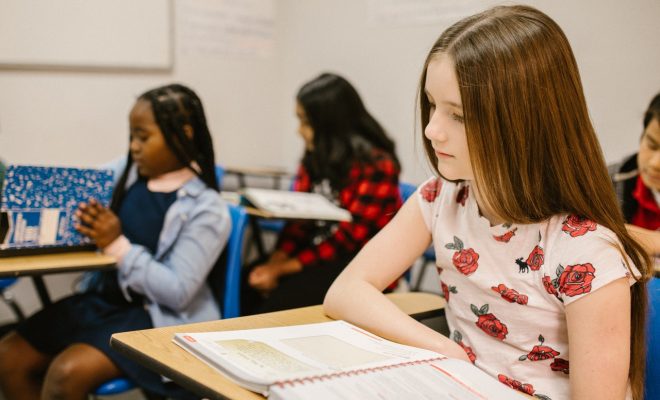Long Vowels: Everything You Need to Know

Long vowels are special vowel types that sound exactly like the letters which comprise them. Long vowels are typically taught after short vowels because while it seems less difficult to hear the long vowel sounds, their spellings can be more surprising than that of short vowels. The association between spellings and sounds can be a difficult concept to master. It requires kids to understand that different spelling variations may end up making the same sound (such as “date” or “rain”) and that particular letter combination can make a vowel long or short (such as “pine” and “pin”).
Sometimes, a word with a short vowel is converted to a long vowel by adding a silent letter “e” at the word’s end (for example, “hop” becomes “hope”). One exception to this is the letter “e,” where the addition of the silent “e” rule doesn’t apply. There’re many similar exceptions that can initially make a kid confused. Teachers should stage the instruction to individually define each rule and exception.
Vowel teams stand for the utilization of two consecutive vowels to generate a single long vowel sound. Usually, the long vowel sound relates to the first vowel in that sequence (for example, using “ea” to form the word “meat”).
Kids also need to learn that the only double vowels utilized in words are “oo” and “ee.” Of these, “oo” is pronounced in several different ways, such as “brood,” “hoop,” and “look.” By contrast, “ee” is spoken as a long vowel in words such as “bee,” “wheel,” and “sheep.”
Another rule children may learn is that vowels may sometimes belong if they’re followed by double consonants (for example, the letter “i” followed by “nd” may become “kind”). It’s a fun rule for children to test out as they start to read. There’re lots of exceptions to this rule, which can be part of the fun. By recognizing the inconsistencies, kids can intuitively work out the way a word is spoken as they progress from reading words to whole sentences. Therefore, even if the words such as “long” and “sing” don’t follow double consonant rules, kids will quickly understand it as they become proficient in simultaneously working out the context and sound of a word.
If a kid is struggling with long vowels, parents shouldn’t get worried about it. Kids learn at different rates and will generally catch up if parents can start helping them out at home.






